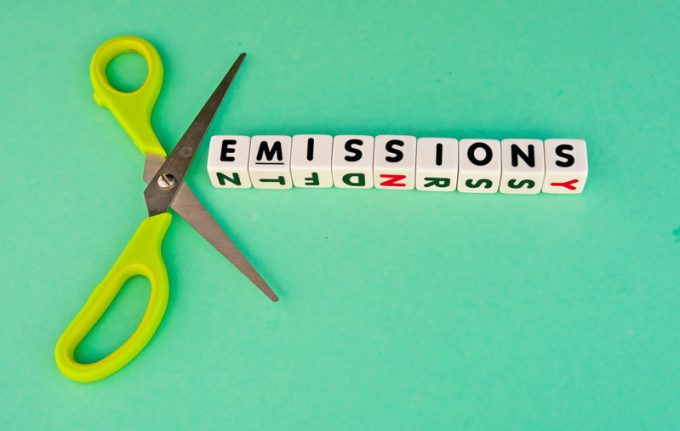Threat of rising oil price adds to frustration for crisis-hit supply chain chiefs
New warnings from the World Bank of surging oil prices, adding to the continuing instability ...

Following calls at COP28 by MSC, Hapag-Lloyd, CMA CGM, Maersk and Wallenius Wilhelmsen last week, their membership organisation, the World Shipping Council (WSC), wants the International Maritime Organization (IMO) to enshrine their suggestions for interim measures in international law.
The move demonstrates a seemingly upended recent dynamic, wherein the shipping business petitions its regulatory body and member states for more stringent standards and regulations.
The submission applies to IMO MEPC81, the next meeting of the environmental protection committee in March. The WSC hopes to introduce binding greenhouse gas (GHG) intensity standards, a GHG pricing mechanism or carbon tax to narrow the price gap between fossil and new fuels, vessel pooling and for well-to-wake emissions figures to be used as standard.
The proposal for GHG intensity standards for ships, “applying at specific intervals” according to the text of the IMO submission, seems to call for a more robust approach than the “indicative checkpoints”, which were settled upon at MEPC80, which can contain various caveats, including “whether national circumstances allow”.
The WSC submission reads: “Defining each of the GHG-intensity steps upfront is critical to establishing the needed demand signals and subsequent planning. These signals are important both to shipowners and operators and also to energy providers that will need to decide when and what fuels are to be produced.”
In a seminar yesterday, WSC environment VP Brian Wood-Thomas insisted that well-to-wake emissions figures must be considered, explaining the dangers of ignoring well-to-tank emissions in lawmaking.
“Tank-to-wake values can result in poor choices and incentives,” he said. “Illustrating the difference between tank-to-wake and well-to-wake, brown ammonia produced with fossil fuels results in very high greenhouse gas lifecycle emissions… much worse than those generated by conventional fuel… the market would respond by supplying brown ammonia, [with] the perverse outcome of increasing overall greenhouse gas emissions.”
The WSC stressed the importance of getting new interim measures through at IMO, rather than adopted by individual countries or blocs. Regional application of climate measures, such as the EU ETS, could actively harm the process, John Butler, WSC argued.
“The idea that we would get additional regional or national measures really would fundamentally undercut any regulatory scheme that could come out of the IMO,” he said. “It doesn’t matter where the emissions occur, they have the same effect no matter what the location of the emissions is or their origins.
“So the only way to solve this problem is on a global basis at the IMO… I’m quite certain the EU understands that.”
Comment on this article